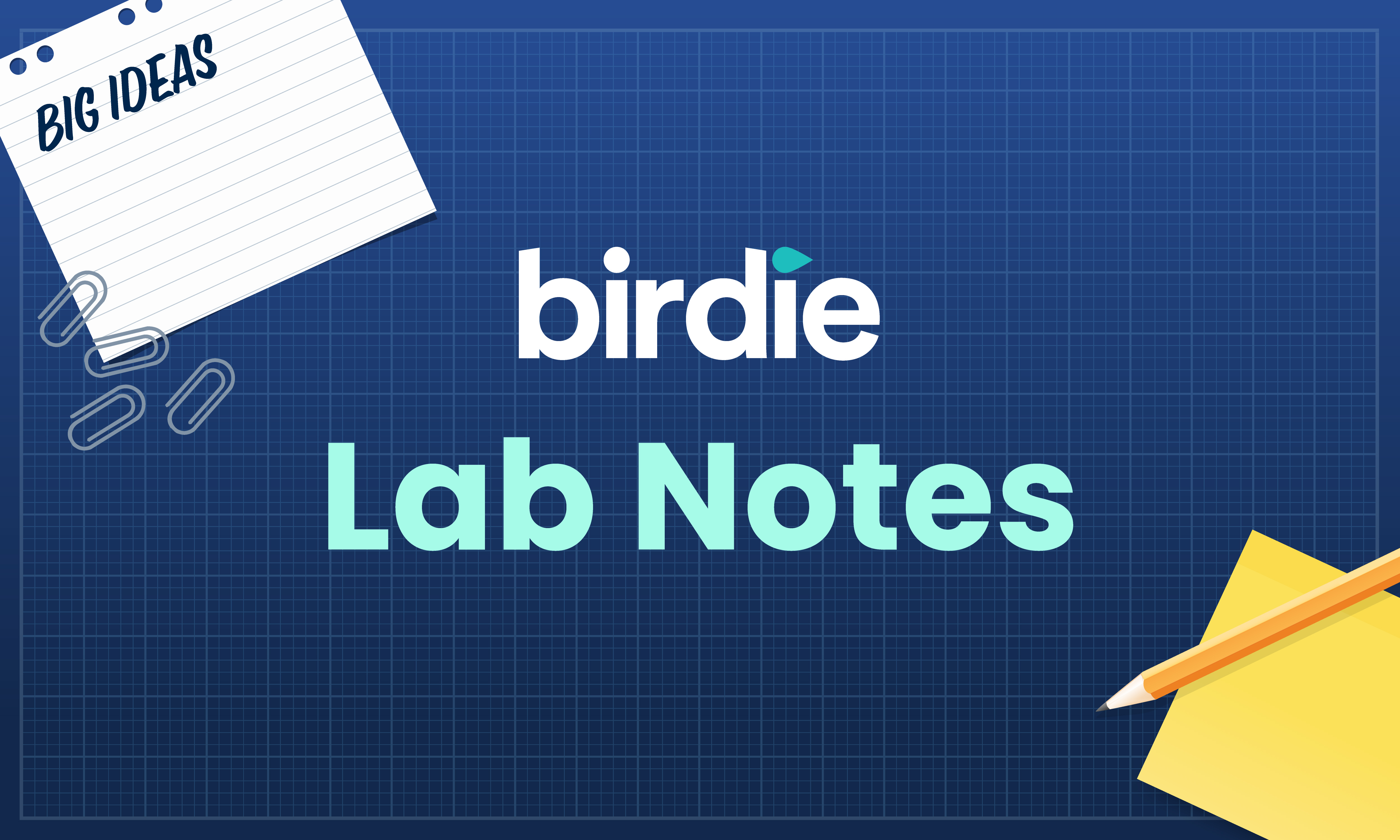Table of contents
Ready to get started with home care software?
.png)
There’s mounting pressure on home care agencies to make the switch to digital home care software (or digital records systems, as the CQC outlines) instead of using paper. The coronavirus pandemic saw the world adopt new ways of working; with less physical contact and more reliance on digital tools and services - home care software was just one of them.
Back in May, during a virtual LaingBuisson conference, leaders in the sector said greater use of technology in home care would be “one of the good things” to come out of the COVID-19 pandemic.
But, making the switch to a home care software system should be carefully considered, as not all digital care management platforms are created equal.
In this article, we’re going to talk about the importance of third-party access and what you should be looking for in your new home care software system. Third-party access is vital as it needs to be both easily accessible to the broader care circle, yet also remain safe and in-line with data protection requirements. If your home care software cannot meet either of these two critical requirements, you could risk the wellbeing and health of your client and the safety of your business.
Why does your home care software need third-party access?
When you keep paper notes in a client’s home, it means that information can be accessed instantly. But, paper notes have their own issues - like illegible handwriting, the possibility of losing a page or two and out of sequence filing, which makes it hard to see the latest visit information.
It's understandable to worry that not having the information physically means it's hard for a person to access.
It’s a really valid concern, and it’s one we hear a lot from our partner agencies. But with an excellent digital access process, you can be confident the information is readily available, and that it's secure and up-to-date.
We know that often many people may need to see a MAR chart, like paramedics, visiting nurses or family members. In case of an emergency, paramedics need instant access to a client's care notes and records, any delay in this could have immediate and detrimental consequences.
Your software solution should have a robust and GDPR compliant third-party access in place to combat this, but unfortunately, this isn’t always the case. If your new software provider doesn’t allow access, you could be putting your client's lives at risk, opening yourself up to safeguarding and possibly, delaying necessary treatment for your clients.
What does a good third-party access solution look like?
A good software system will make sure that all of your client’s data is encrypted and stored away securely (to stop hacks and cyber attacks).
It should also be GDPR compliant and conform to the following regulations (as stated by the CQC):
- Regulation 17 Health and Social Care Act 2008 (Regulated Activities) Regulations 2014
- Data protection legislation (including GDPR) requirements
- Accessible Information Standard
- Data Security and Protection Toolkit (where providers have access to NHS patient data and systems).
A good system will also include an audit trail for access, and only allow access to those who you grant it to. It’s essential that you can see who has accessed your client’s notes and when and why they needed them, to make sure that information stays safe and confidential. You can show this audit trail to the CQC, and if needed, to families and the client themselves to show how your agency is handling data correctly.
How does Birdie do it?
Birdie allows third-party access when required, as we know how important it is that information is shared freely when needed. We’ve worked to improve our security and access measures to keep you in control of who can see what, and when.
We’ve built "secure by design features" that meet the latest regulatory standards for GDPR and data security which means you never have to worry about GDPR breaches or data loss - which is crucial when it comes to being inline with regulation. And, when it comes to professional access, we’ve made some changes to make sure you’re always in control.
To share access to a client’s record, you’ll need to generate a randomised, recipient-specific code, to ensure only the right people can access.
You'll also have an audit trail of who has accessed the notes and when, which is crucial for GDPR and auditing. And, because of the security features embedded into the access flow, you'll know who that person is and their role, as they'll need to provide a valid email and phone number and give a reason for accessing the information.
Once the third party access code has been used, you'll instantly receive an alert to let you know that someone has taken a look at a care log in the Birdie Agency Hub, giving you greater visibility and control. From here, you can decide if you need to generate a new access code, depending on who has viewed the care log.
You can also view a history of everyone that has logged on and used the third party portal for a care recipient, in their shared access log.

If your software provider cannot offer this level of visibility and auditing, you could be opening yourself up to GDPR and data security risks. These could have a significant impact on your business, resulting in fines and the worst-case, closing your business down.
For more information on choosing the right software system for your business, our blogs: five things to ask before using eMAR and how to select an eMAR system for your business are useful places to start.
If you’re interested in using Birdie for your business, why not book a demo? We’d love to show you how our third-party access feature works!
Published date:
November 2, 2020
Author:
Emma-Lee Curtis
















.svg)